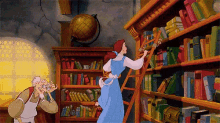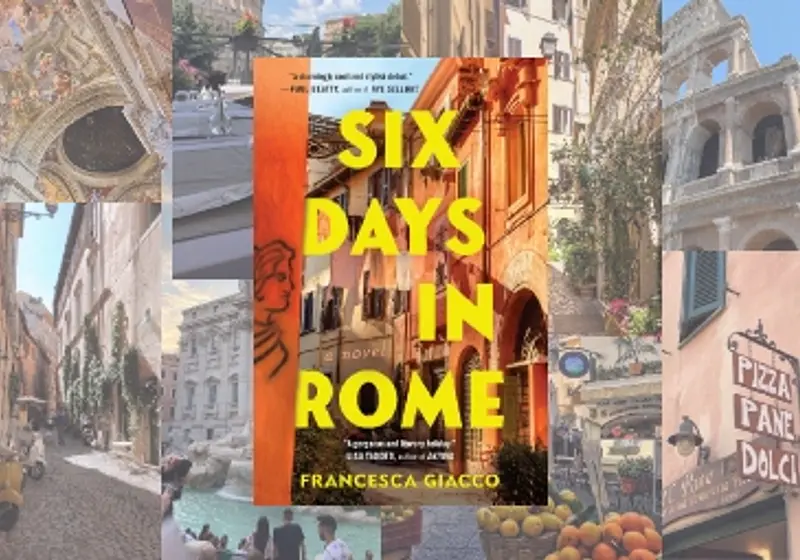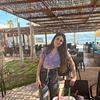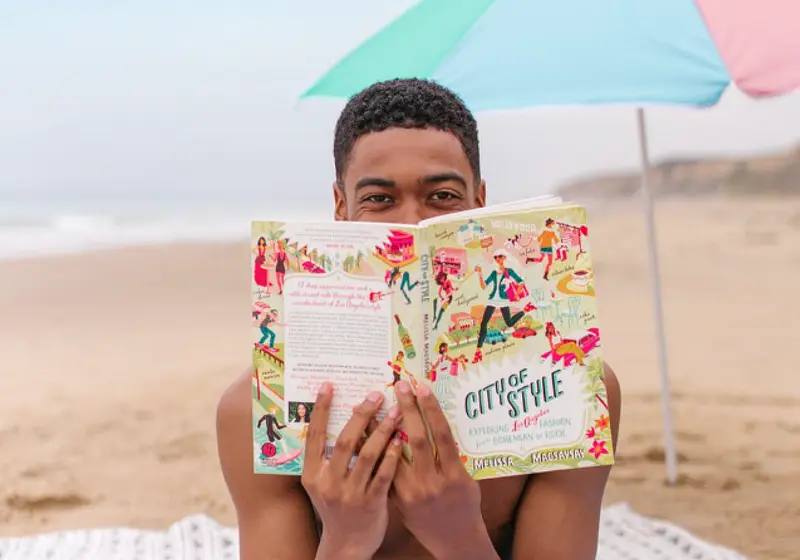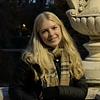"Six Days in Rome" by Francesca Giacco is not your next beach read. Not to say that it doesn't give off the aura of summer: in fact, that energy, the sunlight of Italian streets, drips through the pages. However, this novel is not a book you read aimlessly and set aside in the sand. It's a book you sit with in thoughtful reflection, and it's one you need to understand.
I picked up "Six Days in Rome" on a whim at Barnes and Noble. Typically, I'd lay out the books on the ground and curate three because otherwise I'd buy out the whole store. But something about "Six Days in Rome" called to me.
I am a fond member of the cult of sad girl city fiction narrative, and typically those stories take place under the bright lights of New York City or Los Angeles. Italy as a setting for growth and reinvention felt different and fresh, a novel place for me to navigate life alongside another confused young protagonist.
I'm rather pretentious with the books I pick up and recommend, which is why a sappy summer love story shouldn't have piqued my interest. The description sounds at surface level like any other sappy Italian romance novel, with the promise of an “intriguing connection” between lost, recently-heartbroken artist Emilia and expat John. Yet, at its core, there's a reason why this piece isn't hailed as a love story: it's not. It's a coming-of-age.
Emilia ventures from New York to Rome after finding herself at somewhat of a crossroads in life after a past lover led her astray. As such, the narrative expertly follows Emilia's train of thought as she ventures through Rome on a trip curated for her and her former partner. Giacco ventures into this thought-driven narrative to delve into the nuances of the narrator's current predicament.
"What I really wanted to do with this kind of narrative is explore the experience of traveling alone, because it is such a unique experience," said Giacco. "It really forces you to think about your life in a specific way. You're outside of your space, you're confronted with all of this novelty, and you're really unprotected."
The story jumps seamlessly between present and past as new parts of Emilia's identity come into light, and the reader follows along on a journey through small Roman side-streets and bars as Emilia explores the experiences and life changes that brought her there in the first place.
Tackling her relationship with a deprecating ex-beau and a famous, fleeting father, Emilia's romp through Rome doesn't feel frivolous or carefree. It feels meaningful and necessary.
When she meets the love interest, her growth and development don't hinge on the romantic subplot. Rather, her relationship feels like a way to move her growth forward, fleshing her out more fully as a character.
Emilia, like a majority of the characters within the realm of "Six Days," is an artist. Emilia's father was a renowned musician. Emilia's former flame is an intellectual creative, a writer. These positions, disparate in the realm of artistry but all geared towards the creative eye, play a leading role in multiple interactions between the characters and some of Emilia's own self-reflections.
"An artistic life, a creative life, is something that's very interesting to me. Creative success is a very subjective thing," said Giacco on the artistic characterizations. "Emilia is successful from a monetary perspective, like she makes enough to live, but she's not successful in the ways she's been taught to value. She feels like she's selling out, so she's conflicted. I feel like living a life creatively is something that a lot of people strive for, but it's so intangible in our culture."
The artist in "Six Days" is portrayed in many ways as self-indulgent, almost fitting to Emilia as she flits through the Roman Streets almost entirely absorbed in her own problems. But you don't feel the character is too self-obsessed, too consumed with herself. Emilia's line of thought is instead meditative, an exploration of the interconnections between her modern day reality and her visions of future grandeur.
"[Emilia] is at a very catalytic moment in her life; she's coming out of this relationship with this person who really didn't make her feel like she has a lot of value," Giacco said. "I didn't want a sort of easy narrative. It's not 'American woman goes to Rome, eats pasta, is healed.' [Traveling alone] is not always pretty, it's not always cinematic, and it brings up a lot of our insecurities."
Giacco’s talent as a writer and a fiction creator, as well as an academic, is evident in the writing of “Six Days” – boasting sentences as indulgent as a bite of gelato, “Six Days” is just as much a work of art as the Roman Frescos that adorn Emilia’s adventure abroad.





